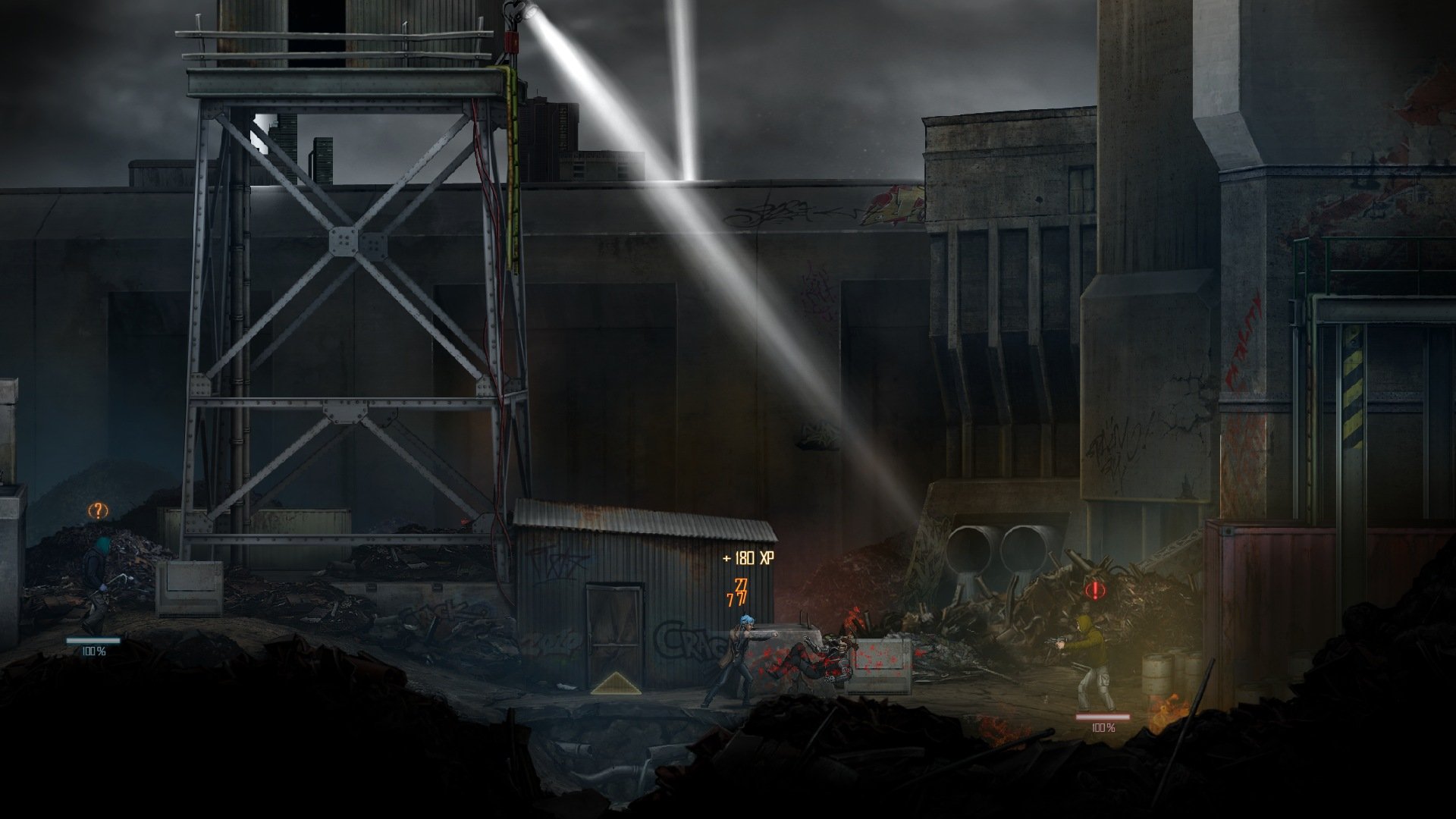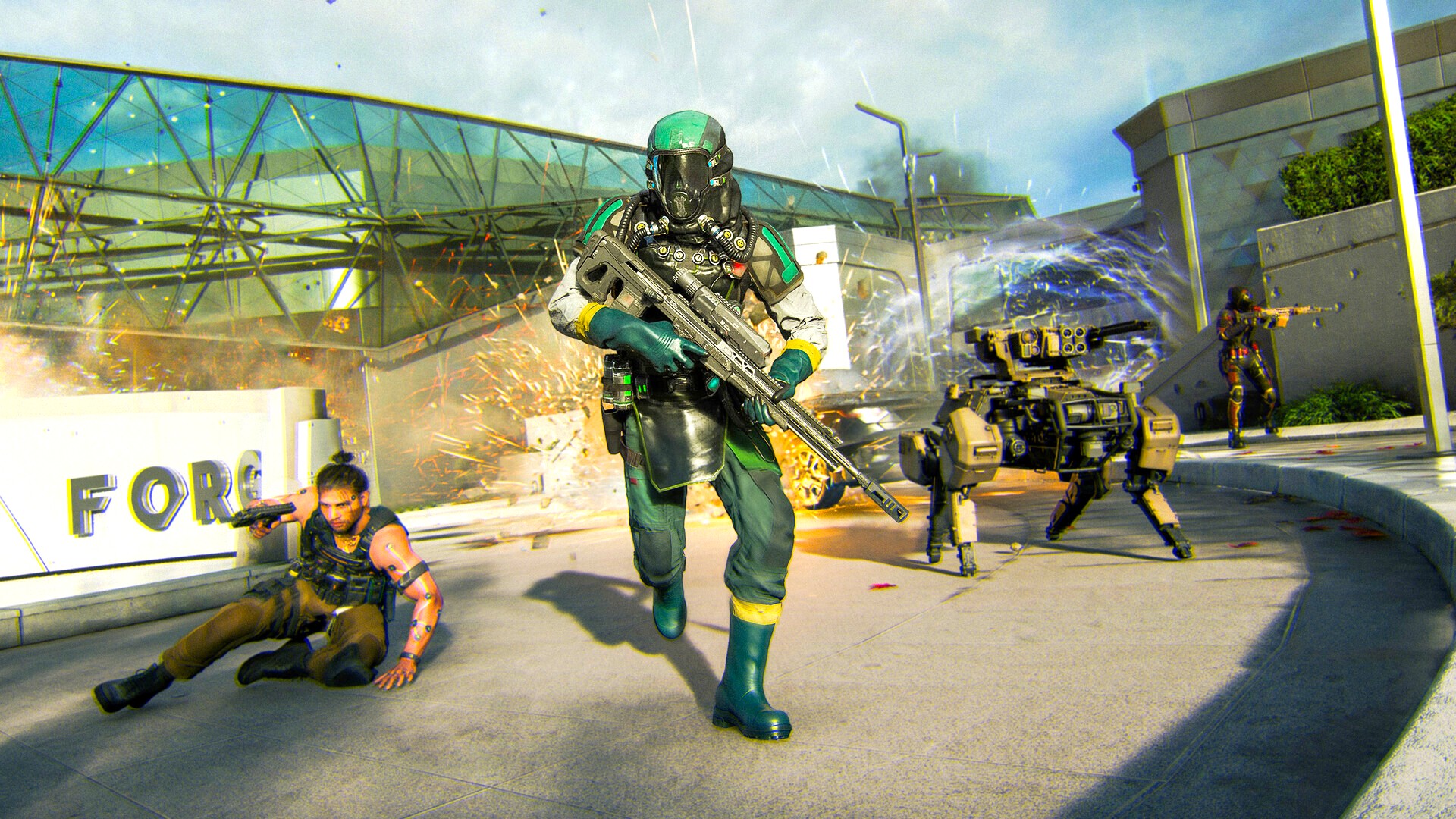Right off the bat, it's hard to ignore the obviously heavy influences from films such as The Matrix and Blade Runner throughout Dex's hand-drawn environments and design. Heck, even some of the locations could have been plucked straight from Blade Runner. One of the supporting characters is even called Decker...
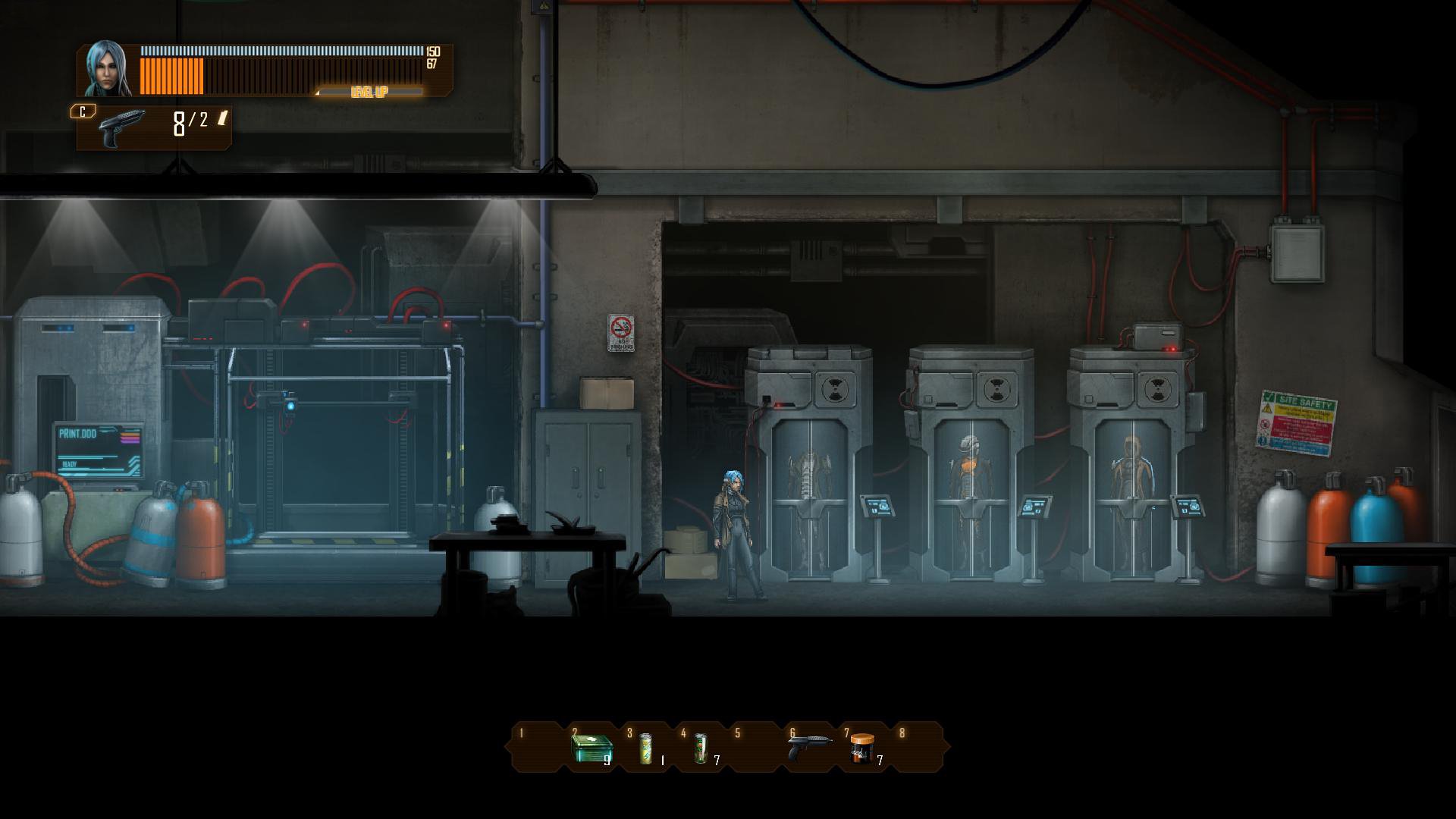
You play as the titular character — Dex — a woman pulled from her bed and plunged into a world where she doesn't know what's going on, why she's involved, or what she has to do.
True Blue
Dex's story starts after being hounded by The Complex - a corporation that created Kether, a program capable of unsupervised learning. With infinite computational processes, too much development caused it to grow into an Artificial Intelligence. In order to block it from going rogue, the Complex included a failsafe virus within Kether's programming, and the two AI's have been in a stalemate for decades. Dex is Jesus to Kether's God — she is the one to end this deadlock by being Kether's champion in the real world. Hopefully.
In the meantime, our blue-haired protagonist has to do it without detection and that's where the open world steps in. The art direction in Dex is similar to other sci-fi or cyberpunk franchises, and I think it's important to note early on that there are obvious and clear nods to these films that helped define their genre. Dex doesn't come across as having poached them from lack of creativity. If anything, they have drawn from a huge variety of sources to create something familiar yet entirely its own, and that by itself is appealing.
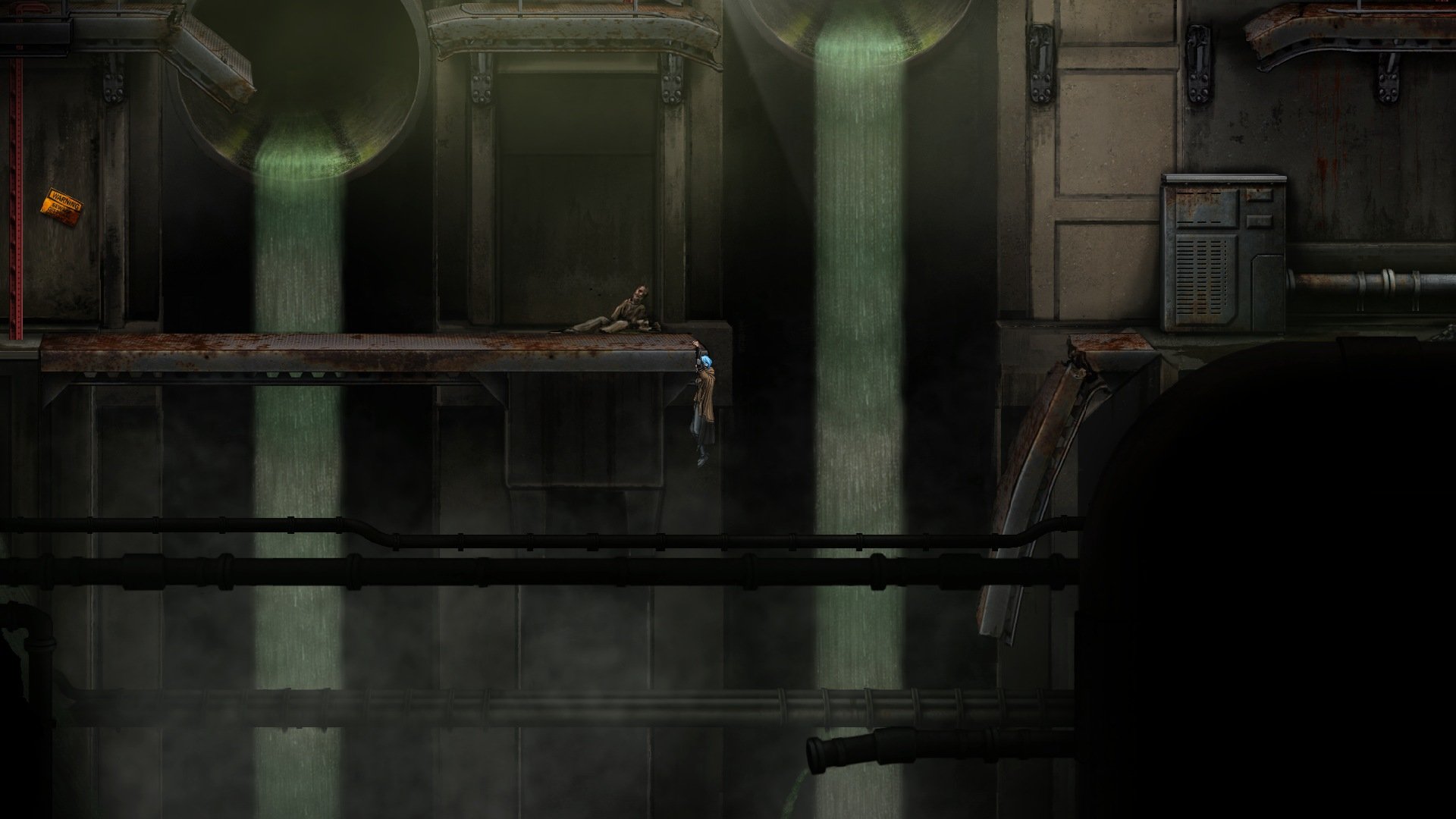
They have drawn from a huge variety of sources to create something familiar yet entirely its own, and that by itself is appealing.
The combat feels like a throwback to retro-arcade brawlers: punching and kicking enemies with X. This is your staple for fighting, though you can supplement your damage by buying guns and ammo. Guns are a viable option since the hand-to-hand combat is pretty dire. Collision detection feels completely off since blows that should have landed seem to miss by miles, while Dex gets knocked on her face by punches that look like they missed. Blocking with the right trigger can block some physical damage, but not bullets. You're not Neo, unfortunately. Running after enemies who back up a bit from your attacks make life so much harder, as getting them in the right spot to make hits connect again means you're taking more damage in the meantime. It's easy to get surrounded by enemies, but at least they don't respawn once they die, so you can duck in and out of areas in order to heal up to take the heat off.
Dex can enhance her attributes by leveling up stats and skills, or by installing implants. They can be bought or found in containers throughout the game, which often contain other items which can be used to restore health and focus or sold for extra cash. Although you never know when a spare roll of toilet paper may come in handy? Buying XP boosters is a good way to make up for the fact there isn't enough XP in the game to actually max out stats naturally. Carefully selecting how you bank your stats can make for a much easier experience.
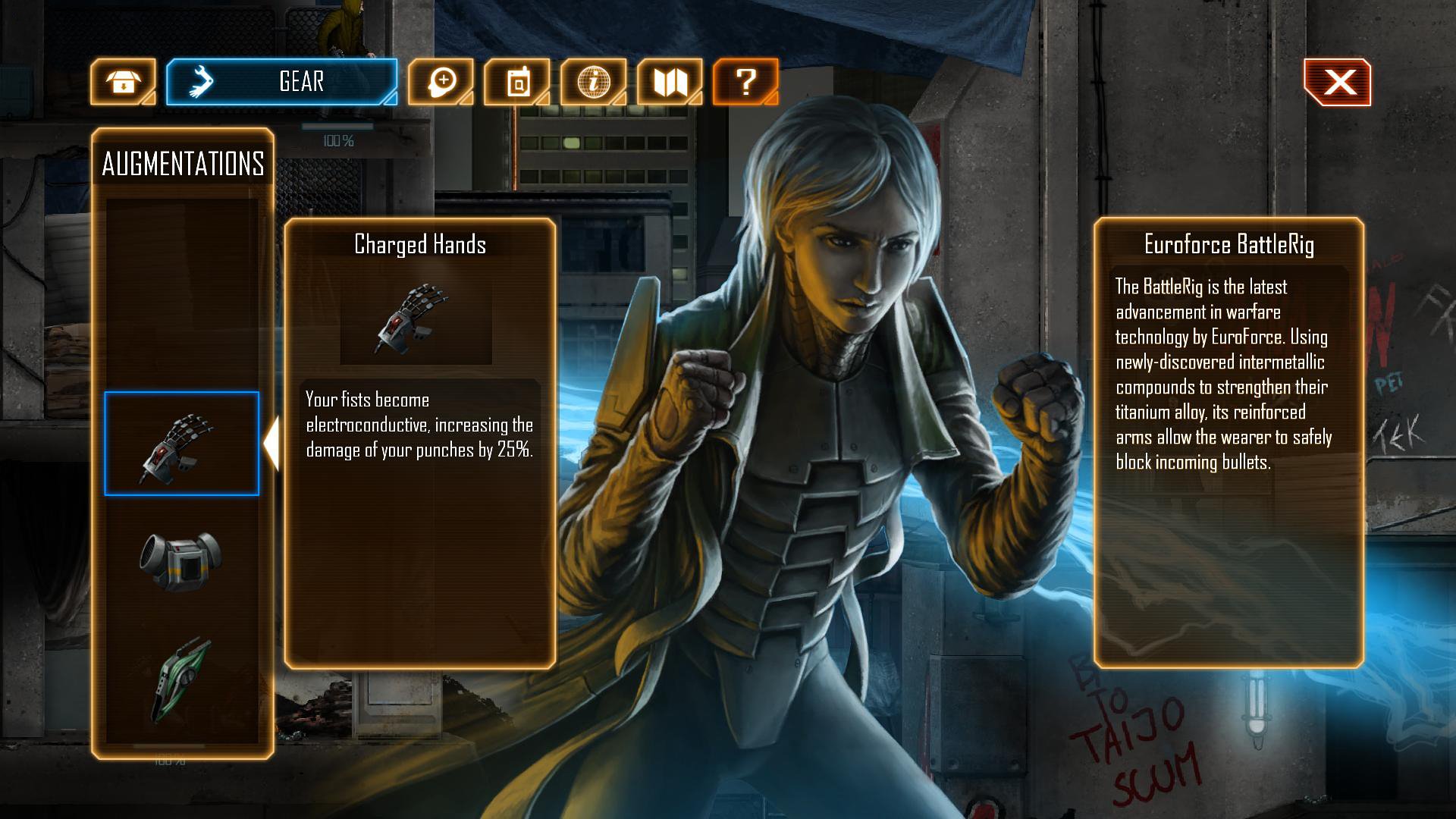
Focus is used for hacking, a sub-mechanic within Dex. In order to solve some puzzles, and upload viruses against The Complex, Dex has to hack into the network. Since she's not from these parts, she doesn't have a 'jack' and can't be 'plugged in' the same way Hackers normally would. She can, however, just 'drop' into the network by pressing in the left stick. This is part of her gift from Kether.
All the latest news, reviews, and guides for Windows and Xbox diehards.
Hacking is done through a separately interfaced mini-game, which consists of Dex being replaced with a luminous circle in a twin-stick shooter fashion. Within the network, you can take cash and information, as well as unlock progress. The problem with hacking, in general, is that it takes so long.
As viruses flood the screen, trying to avoid or destroy them and break down firewalls just feels like a necessity to endure, rather than something to enhance the over-all game. It's a weak point in the game, but these intense sessions are few and far between. Most of the time you'll find yourself hacking into vending machines for discounted HP restoration.
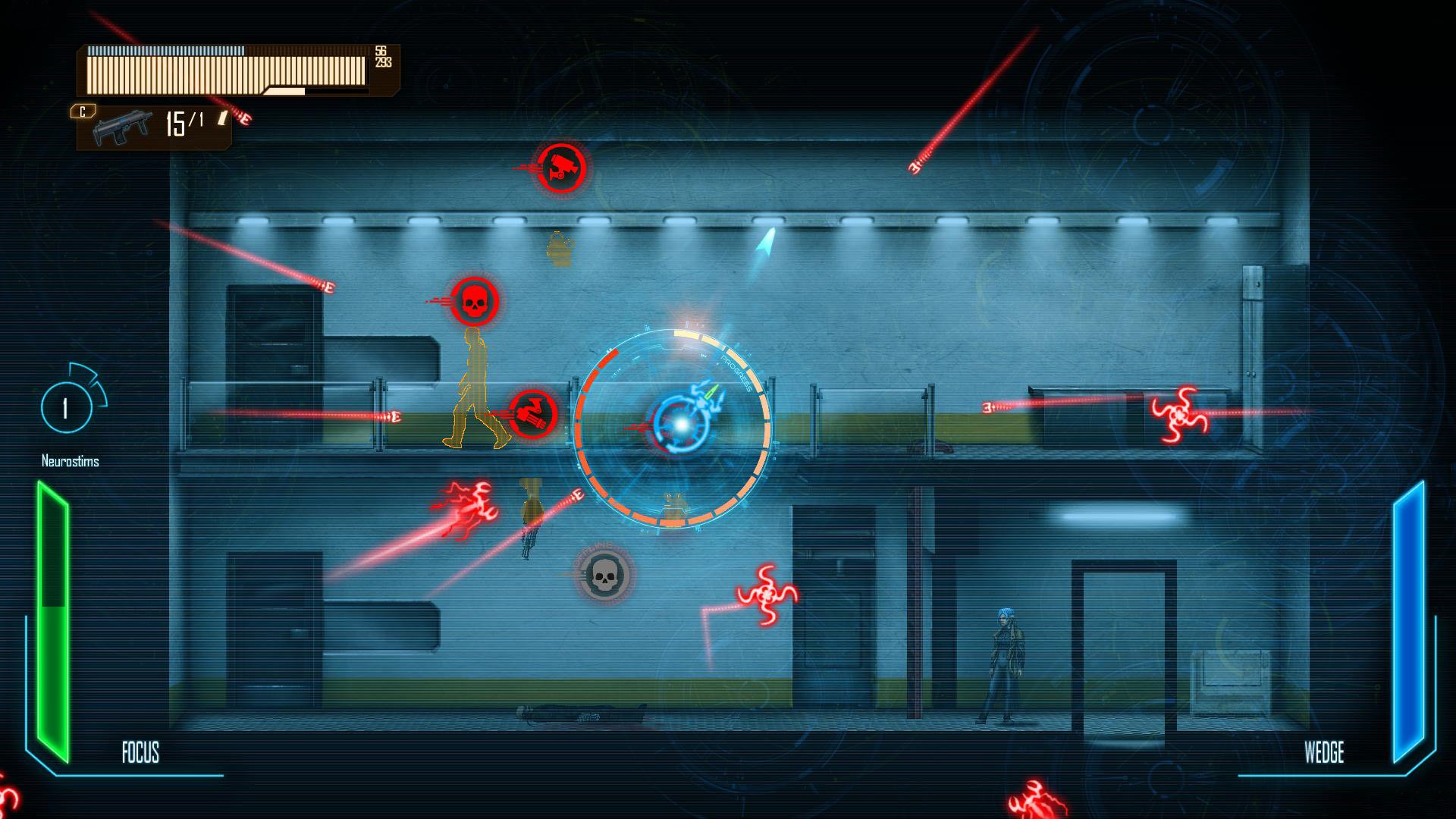
Dex is supported by a cast of various characters, some who will be passing encounters and others more long term. Each of them has a distinct personality and voice actor, richly lending authenticity to your interactions with them. All except one particular character that sounds like someone having a play around with Microsoft Sam's text to speech program with a Chinese accent.
I'm always appreciative to have subtitles on screen, but the titles in Dex are so compacted together that they're sometimes difficult to read. Some words are also spelled incorrectly, which is always a disappointing oversight.
With it's stereotypical districts, slums and affluent areas, it certainly feels an ominous precursor to our own future.
Despite Dex being an indie game and having the longevity of such, it plumps its main story with quests from the inhabitants of Harbor Prime. Exploration hits its peak when you reach Harbor Prime, as there are many corridors, alleys and apartments to investigate. Peppered with NPCs walking around, it's easy to get lost in mind and physically in the city. With its stereotypical districts, slums and affluent areas, it certainly feels an ominous precursor to our own future.
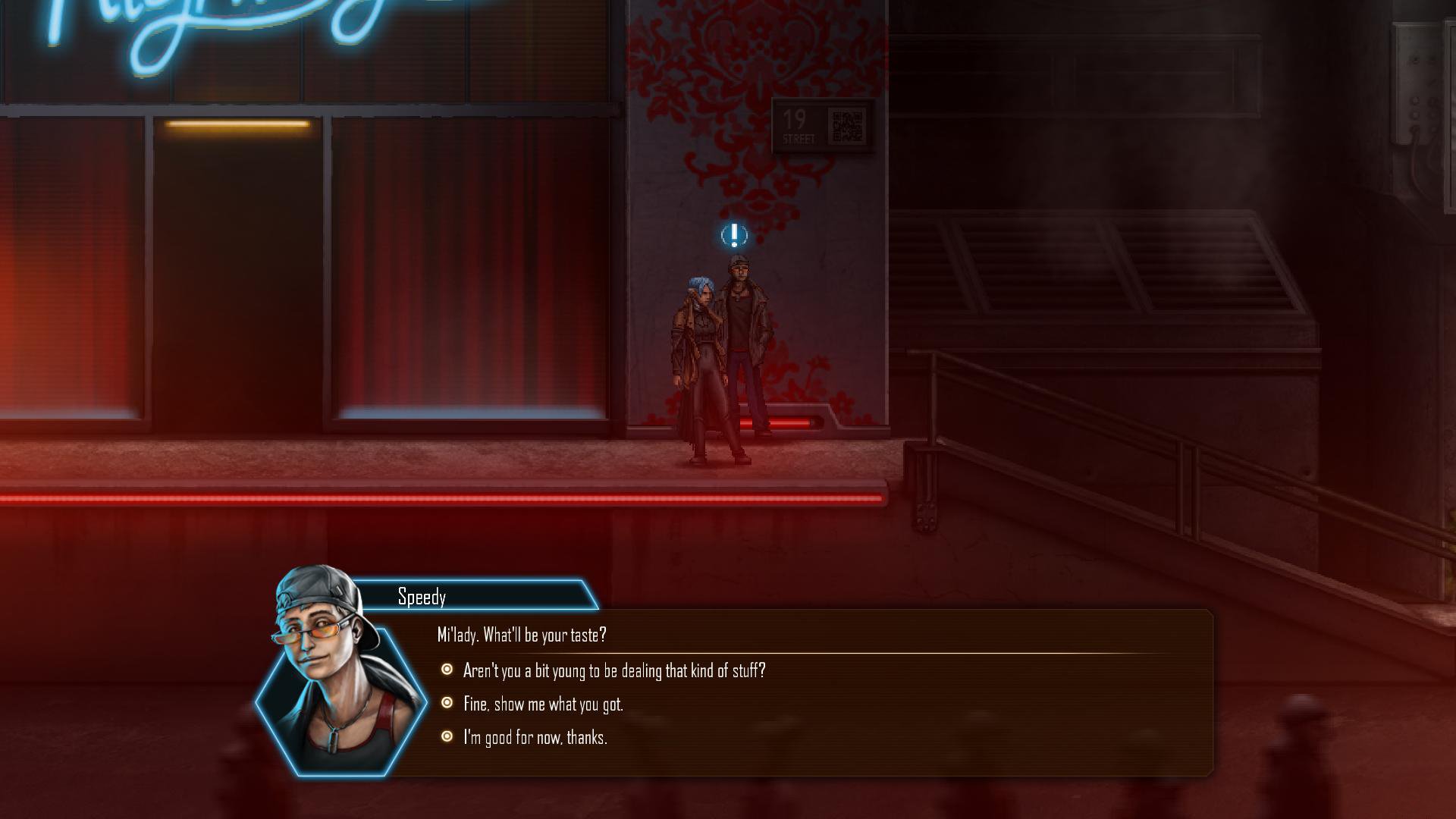
Summary
A modest and enjoyable game, with a selection of great characters, and a storyline often giving pause for thought. Dex is a solid project, clearly put together with love. While its combat mechanic and hacking are lacking, the majority of the experience is deep and interesting.
Pros:
- Hand drawn art design
- Draws influences from many sources making unique yet familiar environments
- Mostly well acted characters and support
Cons:
- Wonky combat mechanic
- Hacking is a bit of a chore.
$19.99 / £15.99
This review was conducted on Xbox One with a code provided by the developer.

Lauren Relph is a Former Games Writer, focusing on Xbox. She doesn't like piña coladas but loves getting caught in the rain. Follow her on Twitter!
